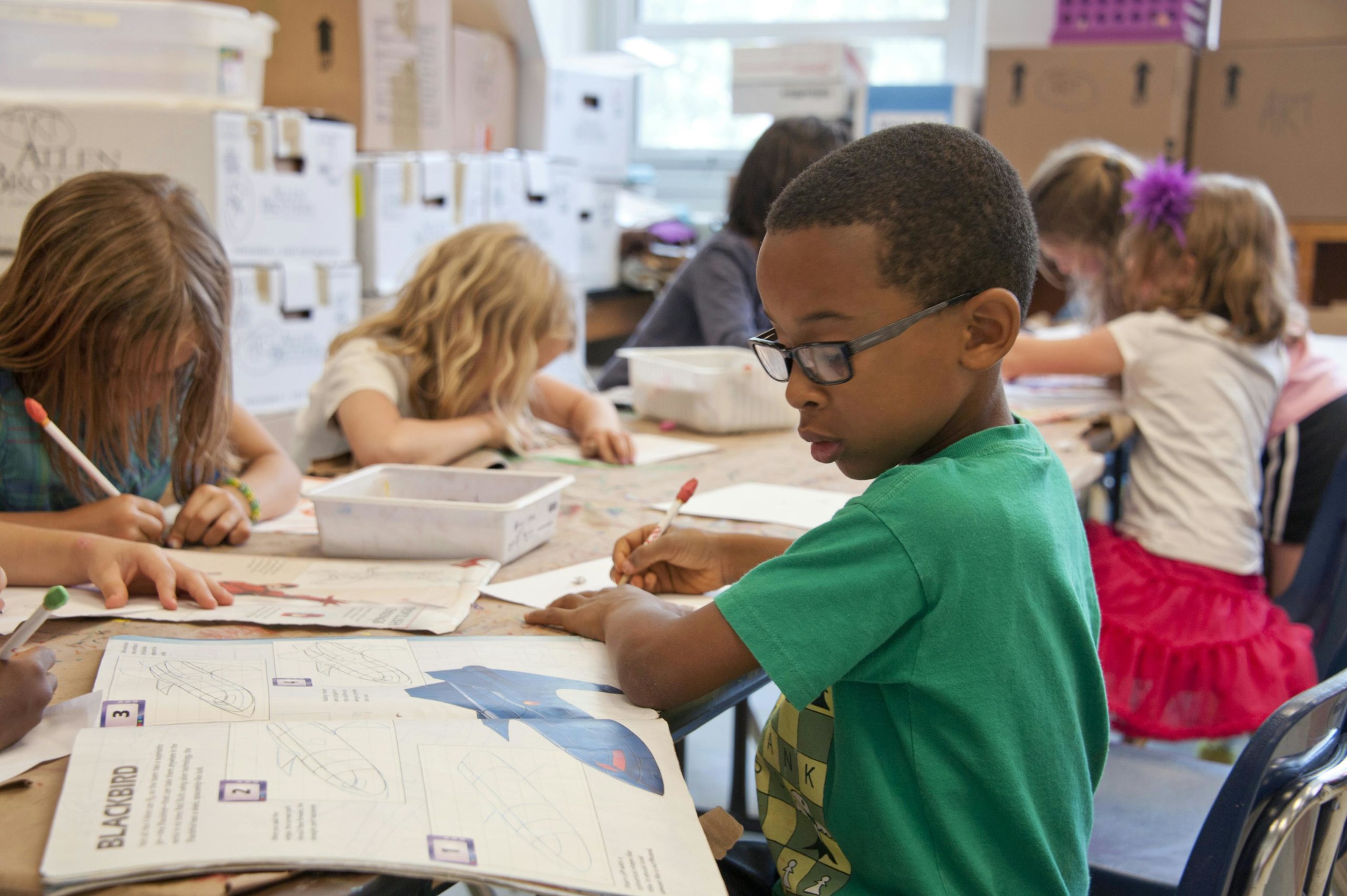News
Unqualified and Under Pressure: The Grade R Crisis South Africa Can’t Ignore

As the Bela Bill takes shape, Parliament hears that thousands of Grade R teachers aren’t equipped to teach our youngest learners
More than 7,000 Grade R teachers across South Africa are currently standing in front of classrooms they aren’t qualified to lead and it’s not just a statistic, it’s a symptom of something far deeper.
This uncomfortable truth was laid bare during a recent parliamentary committee meeting, where the Department of Basic Education (DBE) admitted that 22% of Grade R teachers are not suitably qualified. And with the Basic Education Laws Amendment (Bela) Bill moving full steam ahead, critics are now asking: how can we talk about education reform when the foundation is already this shaky?
One in Five Grade R Teachers Lacking Proper Qualifications
The department says that while there are around 25,944 qualified Grade R teachers, another 7,400 are not properly certified to teach this crucial year, the very stage where a child’s learning trajectory is often set for life.
KwaZulu-Natal leads the list of provinces with the highest number of unqualified Grade R teachers, clocking in at 1,937. That’s not even counting the 198 KZN schools that don’t offer Grade R at all. The Western Cape follows with 1,416 unqualified teachers, while Mpumalanga and North West perform slightly better, though not by much. In Mpumalanga, 280 out of 2,033 Grade R practitioners are unqualified.
Why This Matters More Than Most People Realise
Grade R isn’t glorified babysitting. It’s a structured, skills-building year that prepares children for formal schooling. Research has consistently shown that early childhood education impacts literacy, cognitive ability, and long-term academic success.
So when a teacher doesn’t have the tools or training to properly instruct at this level, children fall behind before they’ve even started.
But behind every unqualified teacher is a story: lack of access to proper training, underfunded provincial departments, inconsistent hiring practices, and historical inequities that continue to show up in our schools. It’s a systemic problem, not just individual failure.
Bela Bill Oversight Visits Reveal More Cracks
As part of the rollout of the Bela Bill, DBE teams have been conducting oversight visits. What they’ve found isn’t encouraging.
Many schools are still operating with outdated admission policies that don’t reflect changes to the South African Schools Act. Some fee-paying schools are still screening parents’ income levels, not to deny access, but to “advise” them to apply for exemptions, a practice that still raises eyebrows.
Other schools have been flagged for disparities in class sizes, with some using Afrikaans-medium instruction as a loophole to cap their classrooms at 24 learners, while others are bursting at the seams.
And in Gauteng, two unisex hostel high schools have reportedly been admitting learners outside of the province’s online placement system, raising further questions about transparency and fairness.
Where to From Here?
It’s clear the DBE has its hands full. On paper, the Bela Bill aims to modernise and standardise education laws, but implementation on the ground paints a more complicated picture.
If 22% of Grade R teachers are not qualified, are we really setting our children up for success? Are the provinces receiving enough support to fix this gap? And will the Bela Bill offer real accountability or just more paperwork?
South Africa’s education system is often described as one of two worlds: the well-resourced and the forgotten. This Grade R crisis reminds us that the split starts earlier than most people think, sometimes as early as age five.
{Source: The Citizen}
Follow Joburg ETC on Facebook, Twitter , TikTok and Instagram
For more News in Johannesburg, visit joburgetc.com















